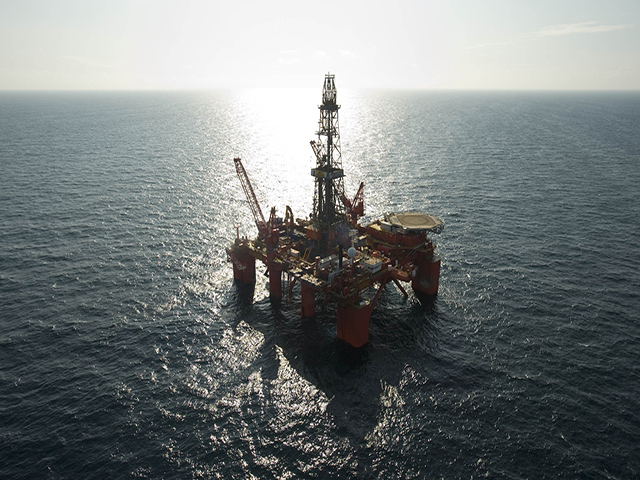
The recommendations of the Smith Commission on the powers to be devolved to the Scottish parliament have emerged through negotiation by the five major political parties in Scotland. It could not be otherwise.
The SNP had failed at the death to win the secessionist plebiscite and this shines through in the Commission’s report.
The SNP’s booby prize is the right to engage with a toxic concoction of administrative and risk-laden responsibilities.
The UK budget, including income tax, is still to be decided by MPs from all UK constituencies. But the Scottish Parliament now has the power to set earned income tax threshold levels and rates and to keep all such tax raised in Scotland.
Is this not a poisoned chalice? In the first instance no extra revenue will accrue to Holyrood; the first income tax to be kept by Holyrood will be deducted from the Westminster’s Barnett formula block grant allocation.
Thereafter any increase or decrease in income tax raised will be to the benefit or loss of the Scottish Government’s budget. Any substantial movement of high earners out of Scotland can blow a hole in Government spending plans.
And history shows that in the main it is political suicide to increase the middle class earners’ tax bill.
High earners can always find ways to avoid extortionate tax demands. In any event the tax will still be collected by HMRC and any additional administration costs involved due to specific rules applying to Scotland will be charged to the Scottish parliament.
It is an open question if this devolved power will help or hinder the SNP’s ultimate goal of achieving independence. It carries with it a high degree of risk and may result in the need for Government borrowing if tax revenues fall. Other taxable income from savings or dividends has not been devolved to the Scottish Government.
Other devolved powers are even less substantial. Several areas such as broadcasting, telecommunications, postal services, transport, energy market regulations and renewables involve the formation of “a formal consultative role for the Scottish Government and the Scottish Parliament”. Whoop de do.
This devolution of powers will hardly have the people dancing in the streets of Galashiels at the prospect.
Perhaps the biggest disappointment to emerge from the negotiation is the failure of the Scottish Government to gain the right to licence and tax oil and gas revenue from those areas of the North Sea that could be said to lie in Scottish territorial waters.
How does this failure compute with the coalition and Labour party’s promise to devolve real power to Holyrood? Frankly, it doesn’t.
There has been the transfer of licensing rights to onshore oil and gas extraction in Scotland. Why? One possible answer is that the bulk of onshore oil and gas via fracking will take place in England and clearly that licensing power will then vest with English MPs in Westminster. This is completely anomalous with the situation in the North Sea region. It is nonsensical.
In short the whole package of powers to be devolved to Scotland resembles a cheap Christmas cracker; pull it if you must but don’t ask for your money back!
Peter Strachan is a Professor of Energy Policy at Robert Gordon University and Alex Russell, his co-author, is a Professor of Petroleum Accounting at Aberdeen Business School.
Recommended for you
